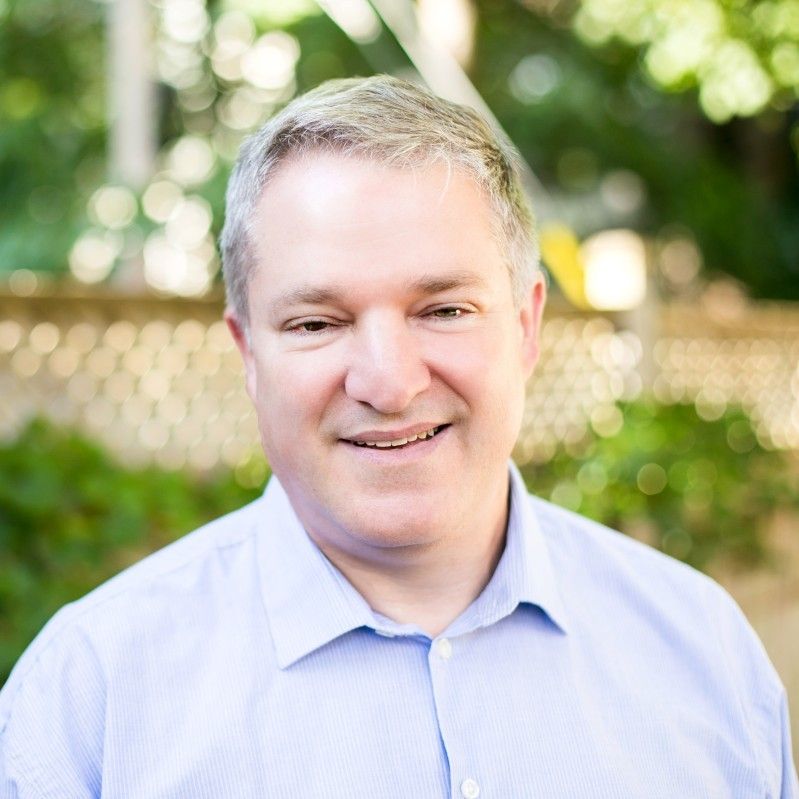
Fundamentals of Running a Canadian Charitable Organization/Operating Charity
An 8 hour course on how to run a Canadian operating charity
Enroll in Course
There are almost 86,000 Canadian registered charities. About 74,450 are “charitable organizations” that conduct their own activities, whether by using volunteers, employees or intermediaries that are not charities. Some charitable organizations even make gifts to other charities.
This program will focus on compliance issues with an emphasis on those specifically relevant to charitable organizations that are registered charities in Canada.
It is vital that directors and staff of charitable organizations understand their legal obligations to avoid problems such as compliance agreements, penalties, revocation, and directors and officers becoming ineligible individuals.
[If you are involved in running a private or public foundation you might find this other event more helpful]
Topics will include:
- Introduction
- Every Charity is different.
- How is your charity designated?
- Key documents and information
- What constraints apply to your organization?
- Structure and Corporate Law
- CNCA
- Legal Objects
- Organizing Documents
- Operating under the CNCA
- OCA and ONCA
- Trusts and Unincorporated Associations
- Operating a Registered
- Revenue
- Fundraising and Restricted Gifts
- Government Funds
- Earned Income/Business Activities/Social Enterprise
- Investments
- Receipting
- Expenditures
- Making grants to qualified donees and due diligence
- Grant Agreements for Gifts to Qualified Donees
- Charitable Activities by employees and volunteers
- Making grants to non-qualified donees in Canada and outside of Canada
- Political Activities (Public policy dialogue and development activities (PPDDAs))
- Administration
- What is good governance?
- Key issues for some organizations
- T3010 and Transparency
- Books and Records
- Internal Controls
- Risk Management and Insurance
- Collaboration
- Multiple Structures and Increased Flexibility
- Separation and Independence from Entities that are not Canadian Registered Charities
- How to deal with a CRA Charity Audit and factors used to determine who to audit
- Resources for Charities
Fundamentals of Running a Canadian Charitable Organization/Operating Charity 2020 will be of interest to
- staff and volunteers at charitable organizations responsible for governance, financial management and compliance issues;
- professional advisors such as lawyers, accountants, and investment advisors who advise registered charities; and
- board members of Canadian registered charities.
For lawyers, this event may qualify for 8 hours of Law Society of Ontario Substantive Hours but does not qualify for Professionalism Hours. For accountants, this may count as 8 hours of Continuing Professional Development.
This course was recorded on August 15 and August 16, 2023.
Your Instructor

Mark Blumberg is a lawyer at the law firm Blumbergs Professional Corporation (Blumbergs) in Toronto and works almost exclusively advising non-profits and registered charities on their work in Canada and abroad. Mark has written numerous articles, is a frequent speaker on legal issues involving charity and not-for-profit law. He is the editor of a blog, www.CanadianCharityLaw.ca, and created the largest portal of data on the Canadian charity sector, www.CharityData.ca Mark also edits www.SmartGiving.ca, which provides information on due diligence when selecting charities.
Mark is particularly interested in the regulation of non-profits and charities in Canada, philanthropy, transparency requirements for the voluntary sector, providing accessible information on regulatory issues, and the use of data to make more informed decisions on the charity sector.
Mark is quoted regularly in print media and frequently appears on radio and television on topics relating to philanthropy and the regulation of charities in Canada. Mark has also appeared on a number of occasions in front of the House of Commons Standing Committee on Finance on topics such as charity regulation, transparency, accountability and tax incentives for philanthropy. Mark has testified at the Special Senate Committee on the Charitable Sector, the Standing Senate Committee on National Finance and the House Committee on Access to Information, Privacy and Ethics.
Mark has also made presentations to the Charities Directorate Annual All Staff Meeting as well the Annual Divisional Staff Meeting of the Determinations Section of Charities Directorate. Mark presented to the Financial Action Task Force (FATF) when the FATF conducted an evaluation of anti-money laundering and counter-terrorism in Canada in 2015.
Mark sat for 4 years on the Charities Directorate Technical Issues Working Group, which is a bi-annual meeting between the Charities Directorate, the Department of Finance and the charity sector to discuss technical and policy issues pertaining to registered charities and the Income Tax Act (Canada). Mark is a member of the Exempt Organizations Committee of the American Bar Association. Mark spent 6 years on the Advisory Committee for the Master of Philanthropy and Nonprofit Leadership (MPNL) at Carleton University. Mark is on the Board of the Canadian Charity Law Association.
Mark has co-authored 20 Questions Directors of Not-for-Profit Organizations Should Ask About Mergers (Published by CPA Canada) and co-wrote a chapter on International Trends in Government-Nonprofit Relations: Constancy, Change, and Contradictions in Non-profits and Government: Collaboration and Conflict in Non-profits and government: collaboration and conflict (Edited by Elizabeth T Boris and C Eugene Steuerle)
Mark frequently lectures to various industry and professional groups on charity compliance issues including the Chartered Professional Accountants Canada (CPA Canada), as well as CPA Ontario, BC and Alberta, the Canadian Bar Association, Ontario Bar Association, Canadian Association of Gift Planners, Association of Fundraising Professionals, Ontario Hospital Association, Ontario Non-profit Network, and many other organizations.
Mark has a B.A. in Political Science from the University of Toronto, an LLB from the University of British Columbia and an LLM from Osgoode Hall Law School in Tax Law.
